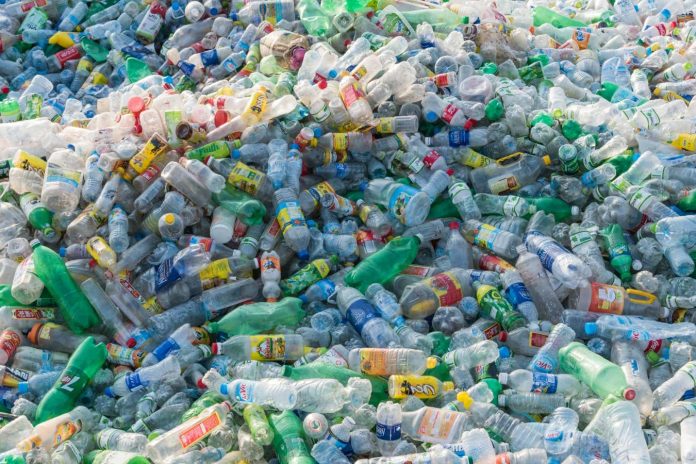Plastic food packaging can expose people to chemicals such as bisphenol A (BPA)
Shutterstock/Trong Nguyen
Hundreds of thousands of deaths and millions of cases of heart disease worldwide may be linked to chemicals in common plastic products, suggesting that more stringent regulations on such toxins could benefit public health.
Maureen Cropper at the University of Maryland and her colleagues assessed the public health impact of exposure to three types of chemicals primarily used in plastics: bisphenol A (BPA), di(2-ethylhexyl) phthal…
Drawing on more than 1700 previously published studies, the team estimated people’s exposure to these three classes of chemicals across 38 countries, which represent roughly a third of the world’s population. Three of the countries – the US, Canada and South Korea – also have public databases that monitor levels of these chemicals in urine and blood samples, providing even more accurate data.
In combination with medical records and toxicology reports, the researchers calculated health outcomes attributable to these chemicals. They found that in 2015, about 5.4 million cases of coronary artery disease and 346,000 strokes were associated with BPA exposure and that roughly 164,000 deaths in people between 55 and 64 years old may have been due to DEHP.
Thanks to regulations enacted in the late 2000s, the prevalence of these chemicals has since decreased in many countries such as the US, Canada and those in Europe. The researchers estimate that about 515,000 deaths could have been avoided if BPA and DEHP exposures in the US had been at post-regulation levels since 2003. This underscores the importance of governments and manufacturers limiting the use of toxic chemicals in plastic products before they reach consumers, says Cropper.
However, it is important to remember these findings are only approximations. “I think one of the real limitations, frankly, is the lack of exposure data on these substances,” says Cropper, meaning estimates for some countries may be less accurate than others. “It would be a good idea if more countries actually monitored [exposures to] these and other substances”, which would improve our understanding of their public health burden, she says.
Topics:




